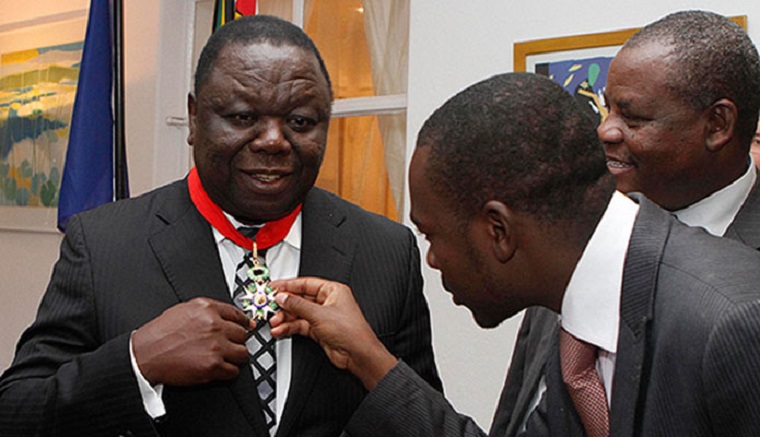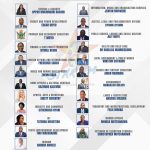 There was nothing amiss about Citizen Coalition for Change leader Nelson Chamisa getting fewer votes in this year’s elections than he did in 2018 as this has been the trend ever since the country had its most serious presidential challenger in 2002.
There was nothing amiss about Citizen Coalition for Change leader Nelson Chamisa getting fewer votes in this year’s elections than he did in 2018 as this has been the trend ever since the country had its most serious presidential challenger in 2002.
Chamisa polled 2 151 927 votes in 2018 but was down to 1 967 343 this year, a drop of 184 584 votes.
This has been the trend ever since Morgan Tsvangirai contested then ZANU-PF leader Robert Mugabe in 2002. Though he lost to Mugabe, Tsvangirai garnered 1 258 401 votes.
Six years later, he was down to 1 195 562, a drop of 62 839.
Tsvangirai, however, beat Mugabe in the 2008 elections but did not get the required majority of 50% plus one vote, forcing a run-off from which he pulled out because of violence. His party, the MDC-T, beat ZANU-PF winning 100 seats against ZANU-PF’s 99 but Tsvangirai had more votes than all his Members of Parliament put together.
In 2013, Tsvangirai won even fewer votes getting 1 172 349 but once again this was more than his MPs got.
Although both opposition leaders have been getting fewer votes with every election, they have been both more popular than their parties.
This is the opposite within the Zimbabwe African National Union-Patriotic Front. The party leader has always polled fewer votes than his legislators ever since the country started holding harmonised elections in 2008.
President Robert Mugabe polled fewer votes than his legislators in 2008 leading to accusations of bhora musango. But this was repeated in 2013. Even though Mugabe won 62% of the vote, he got 2 110 434 votes while his legislators polled 2 142 000.
President Emmerson Mnangagwa polled fewer votes than ZANU-PF legislators both in 2018 and this year though the party had said no legislator should get more votes than him in each constituency.
(73 VIEWS)
